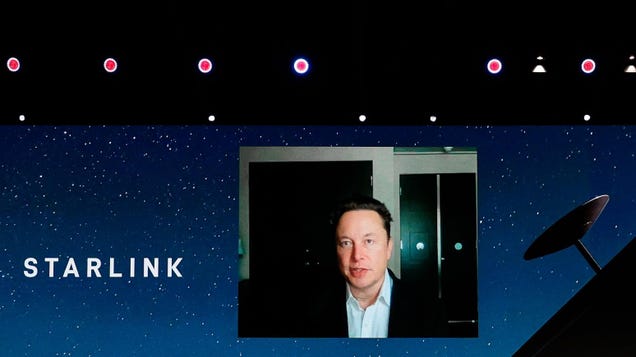Understanding Elon Musk’s Starlink Offer for Hurricane Helene Victims
Elon Musk’s Starlink has made headlines recently for its offer of a free month of internet service to victims of Hurricane Helene. While this initiative appears altruistic on the surface, a closer examination reveals that it may not be as generous as it seems. This article delves into the implications of this offer, its true nature, and what it means for those affected by the hurricane.
Evaluating the Offer: A New Customer Promotion
At first glance, Musk’s proposal to provide free internet service to hurricane victims appears to be a compassionate response to a natural disaster. However, the reality is that this offer is essentially a new customer promotion. Starlink, which has been expanding its customer base rapidly, uses such promotions to attract new users. This raises questions about the sincerity of the gesture and whether it genuinely addresses the needs of those affected by the hurricane.
The distinction between a charitable act and a marketing strategy is crucial. While providing free service can help individuals regain connectivity in the aftermath of a disaster, it also serves Starlink’s business interests. This duality can lead to skepticism among those who might view the offer as a mere marketing ploy rather than a genuine effort to assist.
The Importance of Connectivity in Disaster Recovery
In the wake of natural disasters, connectivity becomes a lifeline for affected communities. Access to reliable internet service can facilitate communication with emergency services, enable access to critical information, and assist in coordinating recovery efforts. For many, the ability to connect with loved ones and access resources online is essential for emotional and logistical support.
Starlink’s satellite internet service has the potential to fill gaps in connectivity, particularly in remote or disaster-stricken areas where traditional infrastructure may be compromised. However, the effectiveness of such offers hinges on the long-term sustainability of the service provided. A one-month free trial may not be sufficient for individuals and families facing prolonged recovery challenges.
Analyzing the Broader Implications of Corporate Philanthropy
Musk’s offer highlights a broader trend in corporate philanthropy, where businesses leverage their resources to respond to crises. While such initiatives can provide immediate relief, they also prompt discussions about the motivations behind these actions. Are companies genuinely invested in community welfare, or are they primarily focused on enhancing their public image and expanding their market share?
Research indicates that consumers are increasingly aware of corporate social responsibility (CSR) and often scrutinize the authenticity of such efforts. A study published in the Journal of Business Ethics found that consumers tend to favor companies that demonstrate genuine commitment to social causes over those that engage in superficial acts of charity. This underscores the importance of transparency and sincerity in corporate initiatives.
Lessons for Future Corporate Responses to Disasters
As businesses navigate the complexities of disaster response, there are several lessons to consider:
1. **Transparency is Key**: Companies should clearly communicate the intentions behind their offers. This transparency can build trust and foster a sense of community among consumers.
2. **Focus on Long-Term Solutions**: While immediate relief is crucial, businesses should also consider how they can contribute to long-term recovery efforts. This could involve partnerships with local organizations or investments in infrastructure.
3. **Engage with Affected Communities**: Understanding the specific needs of those impacted by disasters can help companies tailor their responses more effectively. Engaging with local leaders and organizations can provide valuable insights.
4. **Measure Impact**: Companies should evaluate the effectiveness of their initiatives, ensuring that they genuinely benefit the communities they aim to serve. This can involve collecting feedback and assessing the long-term outcomes of their efforts.
In conclusion, while Elon Musk’s offer of a free month of Starlink service to Hurricane Helene victims may initially appear generous, it is essential to recognize the underlying motivations and implications. As businesses continue to play a role in disaster response, the focus should remain on genuine support and sustainable solutions that prioritize the needs of affected communities.

